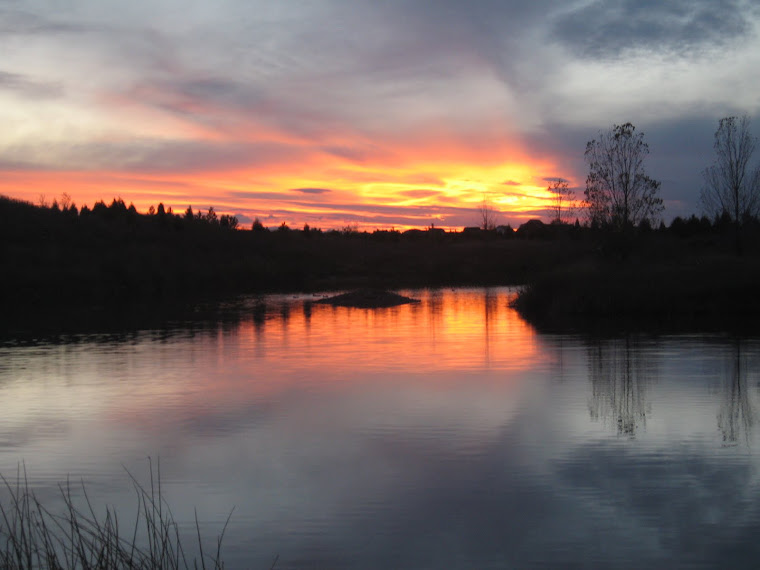Pick one verse to memorize for the week
Monday
Monday
Saxon 112/113
This Country of Ours ch 96. McKinley - War And Sudden Death Oral Narration
Physics Lab in A Housewares Store: The French Press p. 76 Oral Narration
- Read chapter summaries of chapters 7 and 8: Chapter 7 The author leaves Lagado: arrives at Maldonada. No ship ready. He takes a short voyage to Glubbdubdrib. His reception by the governor. Chapter 8 A further account of Glubbdubdrib. Ancient and modern history corrected.
- Read chapters 7 and 8 of Gulliver’s Travels.
Writing
- The characters in the story rewrote history — as government have often been accused of doing. You try it. Choose a famous event in history and rewrite it. Was Benedict Arnold really the hero of the Revolution? You decide.
Vocabulary
- Play a level 5 vocabulary game.
Tuesday
Saxon 114/115
Carry a Big Stick (Teddy Roosevelt) pgs 142-158 Oral Narration
Christian Liberty Nature Reader 5: ch. 30, More About The Thinking of Animals Oral Narration
Latin: 10 minutes a day TIMED.
Reading
- Read summaries: Chapter 9 The author returns to Maldonada. Sails to the kingdom of Luggnagg. The author confined. He is sent for to court. The manner of his admittance. The king’s great lenity to his subjects. Chapter 10
The Luggnaggians commended. A particular description of the Struldbrugs, with many conversations between the author and some eminent persons upon that subject. - Read chapters 9 and 10 of Gulliver’s Travels.
Spelling
- Participate in the spelling bee.
Wednesday
Saxon 116/117
The Story of the World vol 4 by Susan Wise Bauer ch 16, first half of 17 (up to pg 185) Oral Narration
Madam and Lady Why Ch 12 Homeward Bound from "There is the light again:" to "described in it, close on our right." (pg 277-281)Oral Narration
Spanish Chapter 5 Section 3
Latin 10 minutes (SET A TIMER)
Reading
- Read the summaries of chapter 11 and chapter 1 of part 4: Chapter 11 The author leaves Luggnagg, and sails to Japan. From thence he returns in a Dutch ship to Amsterdam, and from Amsterdam to England.Part IV. A Voyage to the Country of the Houyhnhnms. Chapter 1 The author sets out as captain of a ship. His men conspire against him, confine him a long time to his cabin, and set him on shore in an unknown land. He travels up into the country. The Yahoos, a strange sort of animal, described. The author meets two Houyhnhnms.
- Read chapters 11 and 1 of part 4. Don’t forget to take notes on your themes, include page numbers in your notes.
Grammar
- Read this page and then click on next and do the activity on simple, compound and complex sentences.
- Use your writing assignment from day 35 and underline every sentence. Use three different colored pencils and color code your story. Every sentence should be unlined marking it as simple, compound or complex. Assign a color to each type of sentence. (Choose one of the places Gulliver visits and write about a day you spend there. Use simple, compound and complex sentences. Make sure this gets into your notebook. Hold onto this for next week’s grammar lesson.)
Thursday
Saxon 118/119
Hillyer's Childs Geography of the World ch 63, 64 Written Narration (Notebook)
Ch. 64-65: Egypt , North Africa (9) (Africa map)
On a map of Africa, locate and label Egypt , the Nile River , the Assuan Dam, Alexandria , Cairo
Locate and label Morocco , Fez , Tunisia , Tunis
Locate and label theSahara desert (largest in the world!), then list it on your terms page.
Locate and label the
Spanish Chapter 5 Section 4
Latin 10 minutes (SET A TIMER)
Reading
- Read summaries of chapters 2 and 3: Chapter 2 The author conducted by a Houyhnhnm to his house. The house described. The author’s reception. The food of the Houyhnhnms. The author in distress for want of meat. Is at last relieved. His manner of feeding in this country. Chapter 3 The author studies to learn the language. The Houyhnhnm, his master, assists in teaching him. The language described. Several Houyhnhnms of quality come out of curiosity to see the author. He gives his master a short account of his voyage.
- Read chapters 2 and 3 of part 4.
- Write a summary of part 3. Answer the following questions in your summary:
- What was unusual about Laputa?
- What seemed to characterized the people of Laputa?
- What might the Academy represent?
Friday

No comments:
Post a Comment